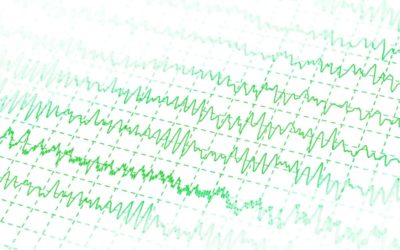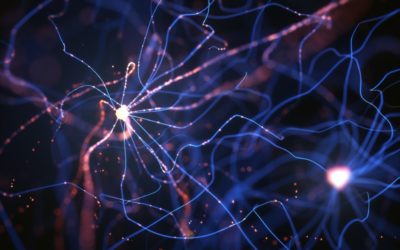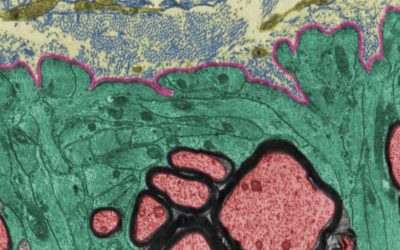Quick Hits
Daily brief research updates from the cognitive sciences

With such a title there is lots of scope for jokes about bad brains, bad genetics, and stupidity. Most of which are probably unjustified. And one of the things many of us involved at different levels in neuroscience are quick to point out is that the brain is plastic, it grows and learns – throughout life.
Nevertheless, it is important to find out about the underlying mechanisms and the limits to this plasticity.
Researchers at the UT Southwestern Medical Centre have discovered a genetic mutation that impacts memory and learning. Because learning is a complex process it is often nigh on impossible to identify single genes that contribute to this.
For this study the researchers conducted a large-scale mutagenesis screen – that is screened mice with multiple mutations in their genes to try to track down various neurological and behavioural traits. They then managed to identify a mutant mouse with spatial learning defects. They named the mouse Clueless – who said scientists don’t have a sense of humour.
With mice with similar mutations, they noticed that they learned badly in fear-conditioning tests, with reduced freezing, a natural response, and also defects in short-term and long-term memory. They could then map this to a single mutation in the Kcnc3 gene which encodes potassium channels in neurons (I won’t go into that here – quite a specific feature of a neuron which enables electrical impulses).
So fascinating to know that a single gene with quite specific functions can lead to larger scale learning deficits – and good to know this so that researchers can finally get a better grasp on some of these issues. There are likely many reasons for being clueless but one of them appears to be a mutation in the Kcnc3 gene.
No funny jokes about my degrading memory now!

Andy Habermacher
Andy is author of leading brains Review, Neuroleadership, and multiple other books. He has been intensively involved in writing and research into neuroleadership and is considered one of Europe’s leading experts. He is also a well-known public speaker, speaking on the brain and human behaviour.
Andy is also a masters athlete (middle distance running) and competes regularly at international competitions (and holds a few national records in his age category).
Reference
Pin Xu, Kazuhiro Shimomura, Changhoon Lee, Xiaofei Gao, Eleanor H. Simpson, Guocun Huang, Chryshanthi M. Joseph, Vivek Kumar, Woo-Ping Ge, Karen S. Pawlowski, Mitchell D. Frye, Saïd Kourrich, Eric R. Kandel, Joseph S. Takahashi.
A missense mutation in Kcnc3 causes hippocampal learning deficits in mice.
Proceedings of the National Academy of Sciences, 2022; 119 (31)
DOI: 10.1073/pnas.2204901119
More Quick Hits
Espresso Combats Alzheimer’s
Quick HitsDaily brief research updates from the cognitive sciences ay, more good news for us coffee drinkers! I am always interested in the research that is coming out with regard to coffee as a coffee drinker. Yes, so I am biased. Coffee had been...
New Brain Signature of Empathy Discovered
Different areas of the brain are associated with empathy – this new research shows how brain regions synchronise to induce empathic responses.
How Your Silent Synapses Boost Brain Power
A new form of “dark matter” has been proven to exist in the brains of adults – that’s good news!
Scientists Say They Know the Secret to Waking Up Alert
Who doesn’t want to wake up alert and sprightly – researchers may have the answer…
How Your Brain Slows You Down When You’re Sick
We all know that feeling of wanting to curl up and sleep when sickness hits – but how that is controlled was unknown. Until now that is…
How Immune Cells Can Rejuvenate Your Brain
There are many ways to rejuvenate your brain – but this is a new mechanism discovered…






